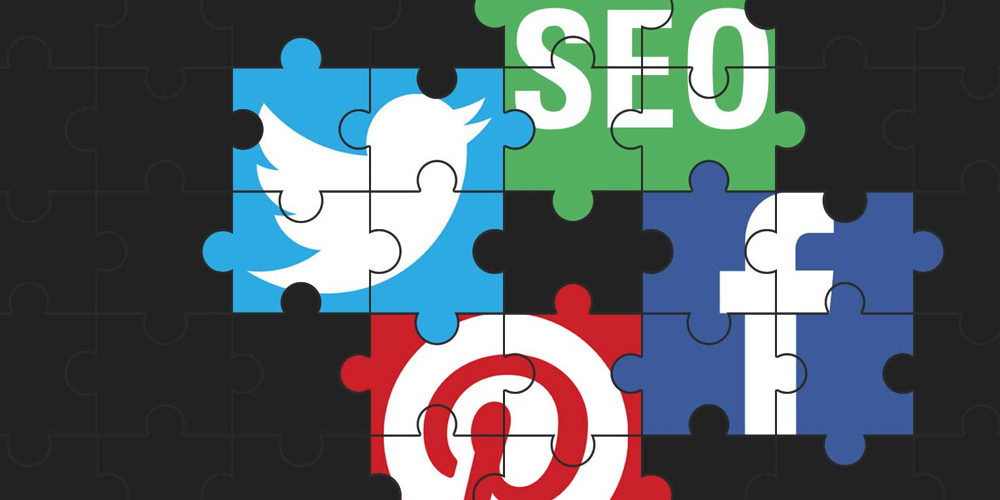Social media and SEO: It’s complicated

In the past, Google have made contradictory statements regarding the role of social media in their ranking algorithm. On the one hand, they have stated that social media pages are indexed in the same manner as other web pages, and that social links therefore count as links. But on the other, they have stated that social metrics do not constitute direct ranking factors. Over at Microsoft, the guys behind Bing have said that they too consider the authority of social media profiles (e.g. Twitter profile metrics) and mentions across numerous social platforms in their search engine. Can we 100% say that social metrics have a direct impact on search engine rankings? Probably not. However, if we look at the potential of social media’s influence on search engine rankings the story is different.
The leading online SEO journal, Search Engine Watch, have published a comprehensive article on Social Media an SEO, from where this psosting is taken. The authors view is that we should not be worried about whether links from social media platforms are valued in the same way as a link from a high quality and highly relevant website. Instead we should look at the benefits of utilizing social media to help boost ranking signals that we know search engines care about. We should also bear in mind the impact of social media on the landscape of the search engine results pages (SERPs).
Focusing on any one particular ‘SEO metric’ is as old school as MySpace. SEO has evolved into far more than just keywords and links. Great SEO acts as a core function to any holistic, integrated digital marketing campaign. We should consign the days of marketing departments operating independently to the history books and focus on the often significant benefits of integrated campaigns. Having said that, there are a few SEO metric-specific boosters that social media can provide.
Will social metrics ever be a direct ranking factor?
From our research, it is clear that there are some pretty large problems associated with search engines using social metrics as a direct ranking factor. These include limited access for robots to crawl the platforms and therefore understand social authority, and the prevalence of fake profiles or ‘bought likes’ which are likely to be viewed in the same light as paid links. In short, there is currently too much provision for manipulation of these metrics for search engines to bank on them. Will this change in the future?
Considering that Google and Facebook are two of the largest companies in the world, vying for the attention of us all, we don’t see them joining hands, opening their doors and singing Kumbaya around a campfire together any time soon.
Social media has its own benefits
Whether or not Google or Bing count social metrics as direct ranking factors is somewhat of a moot point. Social media and SEO should be working together, sharing content or utilizing engagement metrics as data for future content creation.
Lest we forget, businesses can benefit from revenue generated directly from social media regardless of its influence on search rankings. Social media campaigns should be focused primarily on generating their own success, with SEO considerations as a secondary (but still important) consideration.


